CBS News: The $64 million mystery: How a wave of anonymous donations is fueling the 2024 presidential campaign
Washington hates a secret.
Yet in the summer of 2020, when a blandly named entity called the Impetus Fund received a $64 million donation from a single anonymous source, it touched off a guessing game with broad political implications.
That single anonymous donation, routed through a series of accounts, eventually would be used to help Joe Biden defeat Donald Trump in the 2020 presidential election. Critics say it has come to illustrate an increasingly opaque system of funding elections that in 2024 could reach a scale that dwarfs all previous election cycles.
…
Most speculate the money originated with a single, super-wealthy Biden supporter. But it could also have come from a privately held company or a shell corporation, an increasingly common tactic used by well-heeled donors seeking to add layers of anonymity to their political largesse.
…
First, $55 million of that initial donation moved to the nonprofit arm of the Biden super PAC, Future Forward USA Action, which had been anointed by allies of President Biden as the primary super PAC supporting his reelection. Then, a few weeks before the 2020 election, Future Forward USA Action moved $60 million to FF PAC, as the main campaign committee is commonly known. That committee, also a super PAC, is required to disclose its donors. But since it received the money from its own nonprofit, the original source of the contribution remained under wraps. Future Forward was then able to spend freely on electioneering, including explicit endorsements of candidates, so long as it did not explicitly coordinate those efforts with the Biden campaign.
…
Democrats have long decried the lack of transparency in the campaign finance system and have advocated to close the dark money loophole that currently exists in the law. But some critics say it smacks of hypocrisy.
“For too long the left has been playing a game of decrying dark money while at the same time being fully dependent on it, even supercharging Mr. Biden’s reelection campaign,” says Caitlin Sutherland, executive director of the right-leaning government watchdog group Americans for Public Trust.
…
Located on the eighth floor of a Washington, D.C., office building, there is little indication the Impetus Fund is anything more than a vehicle to take in and redistribute money. A directory of offices in the hallway does not mention Impetus. A receptionist who serves multiple businesses on the floor says she has rarely, if ever, seen anyone from the organization.
…
Impetus is a creation of a progressive D.C. firm called Arabella Advisors, which oversees a web of nonprofits that today funnels more dark money into American elections and political causes than any on either side of the political divide. Founded in 2005 as a kind of facilitator for tax-exempt organizations and charitable donors, Arabella provides back-office functions for nonprofits, including legal advice, human resources, accounting and the like.
One of its services is helping donors maintain their anonymity. There are many legitimate reasons why charitable donors seek to remain anonymous. Sometimes it’s rooted in humility. Other times they seek to avoid being hit up for other donations. When it comes to political giving, they may not want to court controversy in these polarized times.
Arabella is a dark money juggernaut. Through its constellation of nonprofits, it brought in close to $3 billion in dark money in the 2022 cycle. The behemoth in the Arabella network, the Sixteen Thirty Fund, raised nearly $380 million in that same cycle. In 2020 it steered $410 million to help defeat Donald Trump and win back the Senate for Democrats.
And though the big political spending by tradition starts after the 4th of July holiday, they already appear to be gearing up for the current presidential cycle. Arabella entities are helping fund progressive causes, like climate change and marijuana legalization. Lately, they have poured money into state ballot initiatives, particularly where there are competitive Senate or House seats, possibly as a way of driving turnout.
…
Impetus has been quiet so far. But campaign finance experts have noticed stirrings. Earlier this month, after four years of operation, Impetus launched a website. Entering the campaign late, as it did in 2020, has advantages. If Impetus cranks up its fundraising later this summer, the dark money watch dogs will have nothing to chase until public filings are disclosed — after the election is over. Impetus did not respond to a request for comment.
That could mean another $64 million dark money mystery.

